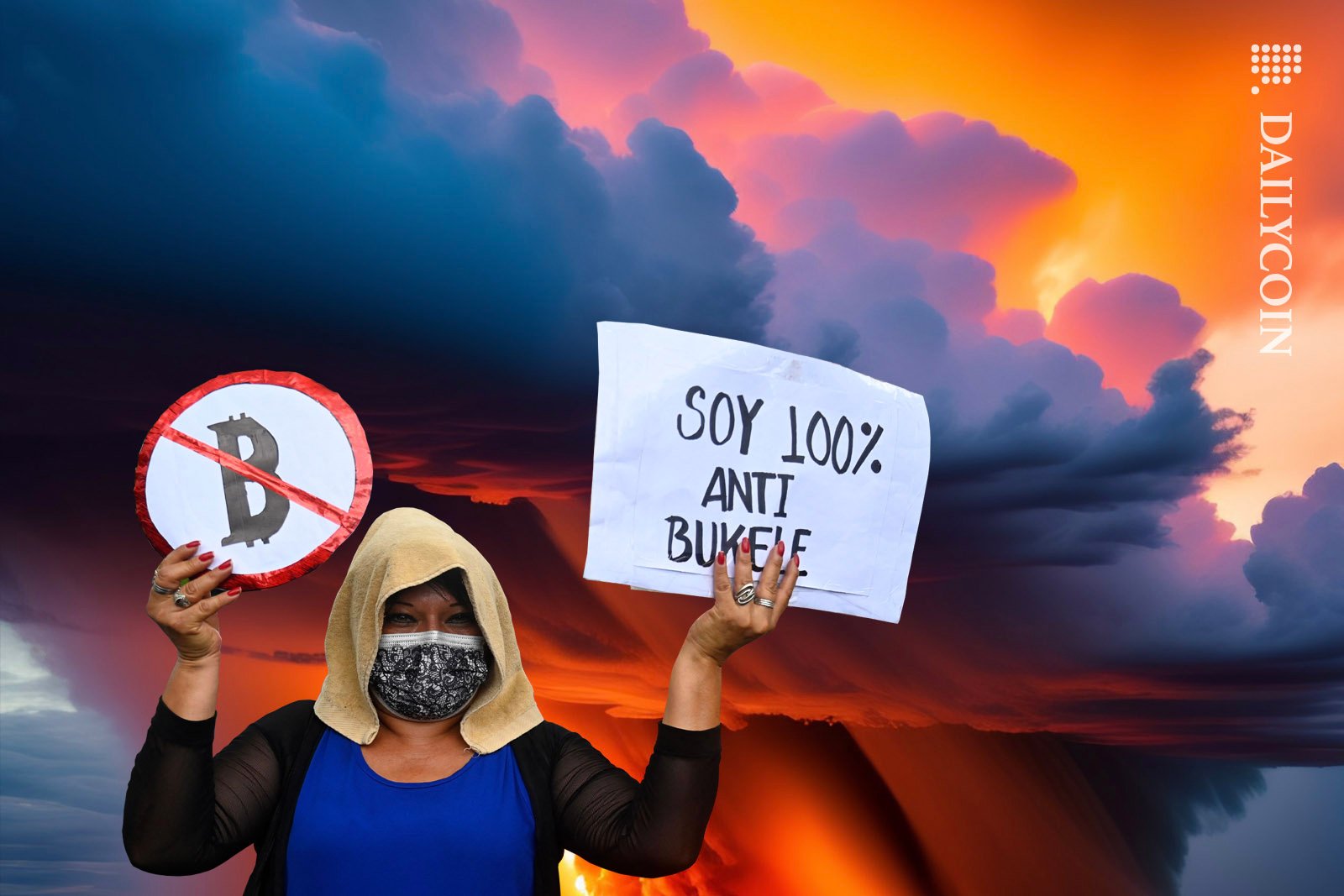
- El Salvador’s adoption of Bitcoin as legal tender has encountered unexpected hurdles.
- An analysis between El Salvador and China has revealed stark differences in crypto ownership rates.
- A citizenship-by-investment program has been unveiled in El Salvador.
In a landmark move towards a decentralized financial system, El Salvador made history in 2021 by adopting Bitcoin as a legal tender. However, despite government initiatives and promotional campaigns, the country’s adoption rate for the cryptocurrency remains surprisingly low.
Few Salvadorans Embrace Bitcoin Despite Legal Status
El Salvador’s pioneering move to adopt Bitcoin as legal tender has not yet translated into widespread public adoption, according to a recent CoinGecko report only 1.72% of the country’s population currently holds Bitcoin.
The report, published on December 7, highlights El Salvador’s unique position as the sole nation to use crypto as legal tender actively. However, the low adoption rate suggests that the Salvadoran public has not fully embraced the digital currency.
Sponsored
Data from Triple-A indicates that only 109,175 Salvadorans own Bitcoin out of a total population of 6.36 million. This translates to a relatively small percentage actively engaging with crypto.
The report further reveals that El Salvador ranks 55th on the global crypto adoption index. This suggests that the country is lagging behind other nations, even those that have imposed restrictions on crypto activity.
China’s Crypto Holders Surpass El Salvador Despite Ban
Even amidst China’s ban on crypto, an estimated 4.08% of its citizens reportedly own digital assets. This contrasts sharply with the low adoption rate in El Salvador, even with the government’s endorsement of crypto.
Sponsored
Despite the challenges, the Salvadoran government remains committed to promoting crypto adoption. Recently, the country has launched a new citizenship-by-investment program offering residency and citizenship to individuals who invest $1 million in Bitcoin or Tether.
On the Flipside
- The low adoption rate reflects deeper societal apprehensions and a hesitancy to transition to a digital currency-based economy fully.
- While El Salvador’s rank in global crypto adoption may appear lower than expected, the country’s proactive steps in integrating crypto into its economy will gradually increase adoption.
Why This Matters
Despite its legal tender status, the relatively low adoption of Bitcoin in El Salvador raises pertinent questions about the challenges in integrating cryptocurrencies into everyday transactions. This situation is a crucial case study, underscoring the complexities and hurdles nations might encounter when attempting widespread crypto adoption.
To learn more about how Bitcoin serves as a pathway to acquiring citizenship in El Salvador, read here:
How Bitcoin Offers a Gateway to El Salvador Citizenship
To explore further details about El Salvador’s profitable Bitcoin investment records amid the recent rally, check this out:
El Salvador’s Bitcoin Investment Records Profit Amid Rally
